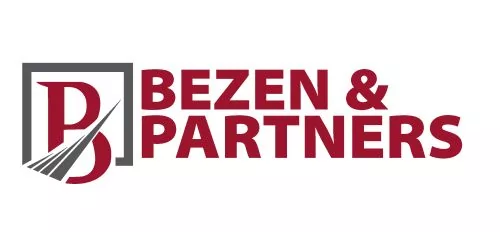An expert witness is a specialist consulted by the courts in the resolution of disputes for matters requiring technical or otherwise specific expertise. Expert witnesses have been used (even overused) in Turkish proceedings and the lack of an institutional framework around this role has often contributed to issues in terms of selection and the quality and timing of opinions causing, in turn, delays in proceedings. The Expert Witnesses Law numbered 6754 (the "Law") which entered into force on 24 November 2016 re-imagines the existing expert witness regime in the form of a centralised, institutionalised and, hopefully, expedited process.
As a general rule, courts are not entitled to consult expert witnesses on questions of law. However, Turkish courts have, especially in the last decade, been overly-keen to effectively delegate legal questions to experts, perhaps understandably, to manage an otherwise excessive workload. This misuse of the expert witness system went so far as to see the Turkish Supreme Court of Appeals overturning a decision for lack of an expert report on the legal aspect of the dispute. The Law provides that legal expertise alone is no longer sufficient to be eligible for appointment as an expert witness. Accordingly, while dispute parties will still be entitled to submit opinions from legal experts to supplement their claims and defences, courts themselves will no longer be able to delegate legal questions to experts.
One of the primary contributors to delays in proceedings is delays in the submission of expert opinions. The Law intends to solve this issue by decreasing the individual expert witness' workload through a central and more even distribution of appointments. Going forward, expert witnesses will be appointed automatically through UYAP, the electronic platform for court proceedings. Furthermore, expert witnesses are now required to have a minimum of five years of relevant experience in their area of expertise, as opposed, previously, to three. This is also expected to improve both the quality of the opinions and associated timing issues. Finally, it is worth mentioning that courts will no longer be able to request multiple reports on the same matter unless the previous report is found to be incomplete or vague.
The new Law sets out ambitiously to rehabilitate an overstrained and often misused function to improve the quality and timing of proceedings. The changes are a step in the right direction. While it is still too soon to gauge how practice will form around the new system, with the courts no longer sharing the gavel on legal matters, we believe the new Law will make meaningful improvement to both the body of precedents and the quality of proceedings.
The content of this article is intended to provide a general guide to the subject matter. Specialist advice should be sought about your specific circumstances.

